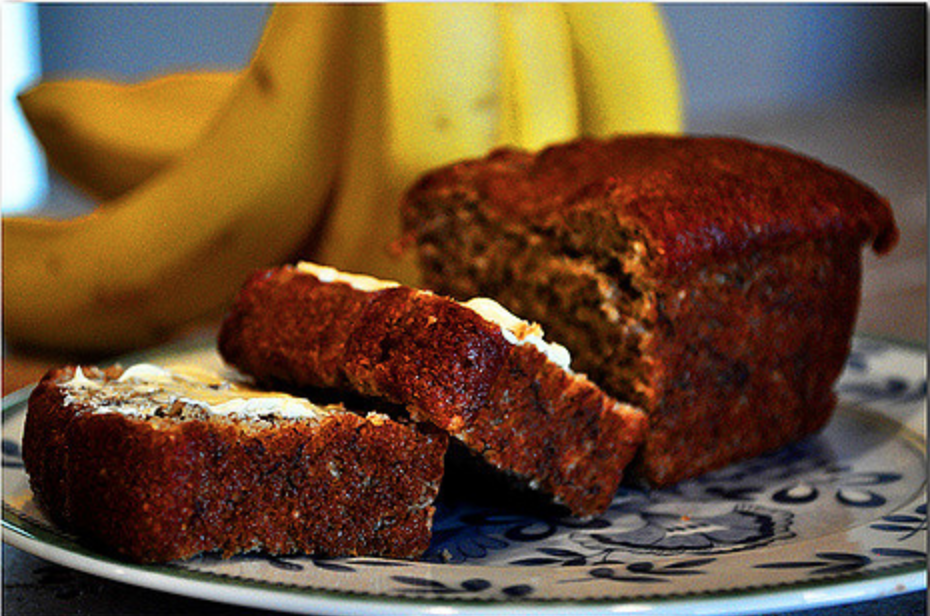A recent survey conducted by City of Melbourne environmental health officers, has found that 90 per cent of food service workers in Melbourne’s CBD were not aware of the code governing gluten-free standards and were particularly ignorant about spelt, which contains gluten.
The survey followed the undercover collection of 158 samples from 127 businesses across the City of Melbourne which found nine per cent of the items analysed, which claimed to be gluten-free, contained gluten at levels above the upper safe thresholds.
Gluten-free banana bread was the most common offender, followed by calamari/salt and pepper squid.
Melbourne’s Walter & Eliza Hall Institute analysed the samples and published the research in the Medical Journal of Australia out today.
Food labelling, preparation and display and staff training were identified as key areas where knowledge was lacking by food service workers in regards to gluten-free with only 10 per cent of food service staff having good knowledge of the Food Standards Australia New Zealand (FSANZ) code.
The incidence of nine per cent detection of gluten in labelled gluten free foods in the municipality has significantly improved from the 20 per cent recorded in 2014.
Chair of the City of Melbourne’s People City portfolio, Councillor Beverley Pinder, said the results serve as a reminder to food businesses to train staff, investigate their suppliers closely, and to take important measures to avoid gluten contamination.
“This study is all about education. We want to safeguard members of the public who need to follow a gluten-free diet, as well as business owners who want to provide this option,” Cr Pinder said.
“The City of Melbourne is working with the food businesses found to have potentially harmful levels of gluten to help them ensure customers’ safety in the future.
“We want everyone who visits a food business across the City of Melbourne to feel safe and to know that if something says it’s gluten-free, it actually is.”
Coeliac Australia has developed a suite of resources to assist food businesses prepare gluten-free options that comply with national food regulations. The resources include a gluten-free online training module offering practical solutions for busy kitchens.
“Gluten-free remains one of the top dietary requests and we urge all food businesses to treat gluten-free requests seriously,” Coeliac Australia President Michael Bell said.
“The Coeliac Australia online training module was developed to educate hospitality staff and it highlights how even small changes to processes can help eliminate the risk of gluten contamination.”
Businesses interested in honing their skills in gluten-free food services can access a free online training program offered by the Coeliac Australia here.

